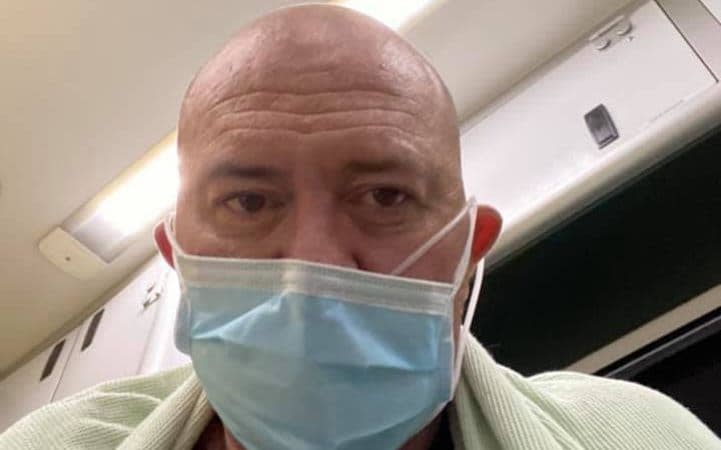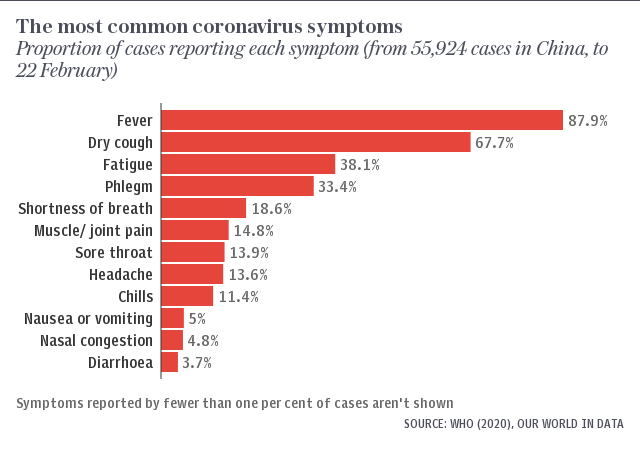Coronavirus survivor describes tragedy of patient who cried out for his family before dying alone


A coronavirus survivor has described the harrowing two hours in which a fellow patient cried out for his family before he died alone.
Craig Farley-Jones, 43, said the heartbreaking scenes he witnessed on the Covid-19 ward at Tameside General Hospital, in Ashton-under-Lyne, would stay with him forever.
Mr Farley-Jones spoke about the horrors virus patients were going through in an attempt to encourage people to take the lockdown seriously, "stay at home and hold on to your loved ones". He spent six days battling the virus before being discharged from hospital on Sunday.
The software and marketing company director, from Hyde, Greater Manchester, said: "Everyone in the ward looked like death, but the man in the bed opposite me, who was about 65 or 70, was relaxed and talkative to start with despite being on maximum oxygen.
"Later that day I could see he was struggling to breathe and starting to panic. I could see he was getting distressed, so I buzzed the nurses, but they couldn't calm him down. Something had changed – his stats went off the scale and it was past the point of return for him. They gave him something to calm him down and called for his kids, as this was obviously his final night.
"His children were at least able to come in in masks and gowns and say their goodbyes, but he still hung on for another few hours after that. I will never forget those next two hours for as long as I live. He was shouting out, calling for his family by name, over and over, while struggling to breathe.
"It had me in tears – it was so hard to listen to. I buzzed the nurses, but they told me there was nothing more they could do for him. So I lay there, listening to his breathing turning into a death rattle. He continued calling out until it stopped and was quiet. He had gone.
"I know he wasn't in physical pain at that point, but he was definitely in emotional distress. It's not the fault of the doctors and nurses at all. They were doing everything they could, but in some cases it isn't enough.
"People need to know that when you go into hospital with coronavirus, all the NHS can do is remove any infection that accompanies the virus to give you the best chance to fight it yourself. They can't treat the virus itself – so if you end up in hospital you have to fight for yourself, or sink.
"So please, stay at home and hold on to your loved ones – I'm one of the lucky ones."
Mr Farley-Jones, who had no underlying health conditions, revealed that at one point he was so convinced he was going to die that he texted his fiancé Laura Wilson, 41, about the fact that he had never written a will.
The couple began showing coronavirus symptoms on the same day around two weeks ago, developing bad coughs and losing their sense of smell.

Mr Farley-Jones was rushed to hospital when he began struggling to breathe, and it emerged that he had developed pneumonia.
He added: "When I got to hospital, I thought I was safe. But I still felt like I couldn't breathe, and when I realised that was still the case when the oxygen was on maximum full pelt, that was a scary moment. The feeling of claustrophobia and panic that sets in is frightening – even a few days later, when I was feeling better and due to be discharged, I still had a nagging doubt I might not make it.
"When you wake up in the night out of breath, panicking and trying your best to draw in more air, you don't understand why the nurses can't do any more to help you.
"I realised quite quickly that you either are nursed to get better and go out the front door, or they nurse you out of the back door in as little pain as possible."

 Yahoo News
Yahoo News 